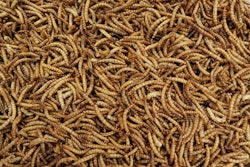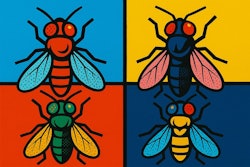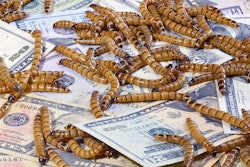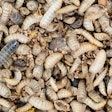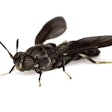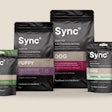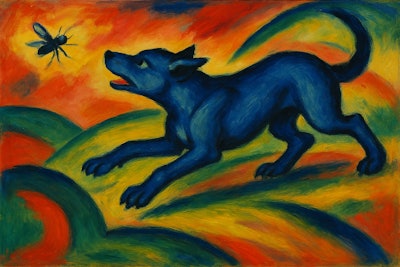
Since the first pet food and treat brands started offering products made with insect-based ingredients, consumer education has been the key. Establishing the nutritional value of insect protein and oil forms the foundation. Peer-reviewed journal articles consistently report the same findings: that six-legged animals can be just as nutritious as two-, four-, and no-legged animals. This research serves as a valuable resource for pet food professionals seeking to strengthen consumer trust and broaden market acceptance of insect-based pet foods.
Adding to entomophagy evidence, study results published in the Italian Journal of Animal Science supported the use of black soldier fly (Hermetia illucens) larvae meal in extruded dog food as a functional and nutritionally alternative to traditional animal proteins.
To conduct their experiment, researchers substituted chicken meal with black soldier fly larvae (BSFL) meal at 0%, 7.5% and 15% in dog food formulations. The scientists then evaluated its effects on digestibility, palatability, blood biochemistry, and fecal microbiota in Golden Retrievers. The results showed that up to 15% inclusion had no negative impact on body weight, nutrient digestibility, fecal score or food preference.
Dogs fed BSFL meal diets showed an increase in beneficial short-chain fatty acids, including acetic and propionic acids, which are associated with healthy gut fermentation. At the same time, levels of potentially harmful branched-chain fatty acids decreased, suggesting improved protein metabolism and fiber fermentation.
In the study, insect-based diets led to shifts in the fecal microbiome, including higher levels of Phascolarctobacterium, Megamonas and Collinsella, microbes associated with carbohydrate fermentation and potential health benefits. The inclusion of BSFL also increased the relative abundance of Ligilactobacillus, suggesting a role in maintaining a balanced gut microbiota.
Blood parameters, including liver and kidney enzymes, cholesterol and triglycerides, remained within healthy ranges across all groups. Notably, there were no adverse effects on immunoglobulin E (IgE) levels, an indicator potentially linked to food sensitivities.
For pet food marketers, these results can help meet consumer concerns about insect proteins’ nutritional value.
Nevermind the humans, the dogs didn’t need to be convinced. In preference testing, the dogs showed no significant difference in consumption between traditional and insect-based diets.
This research adds to the growing body of literature validating insect proteins as viable, functional ingredients for pet nutrition and provides actionable data to support product innovation and marketing strategies.



